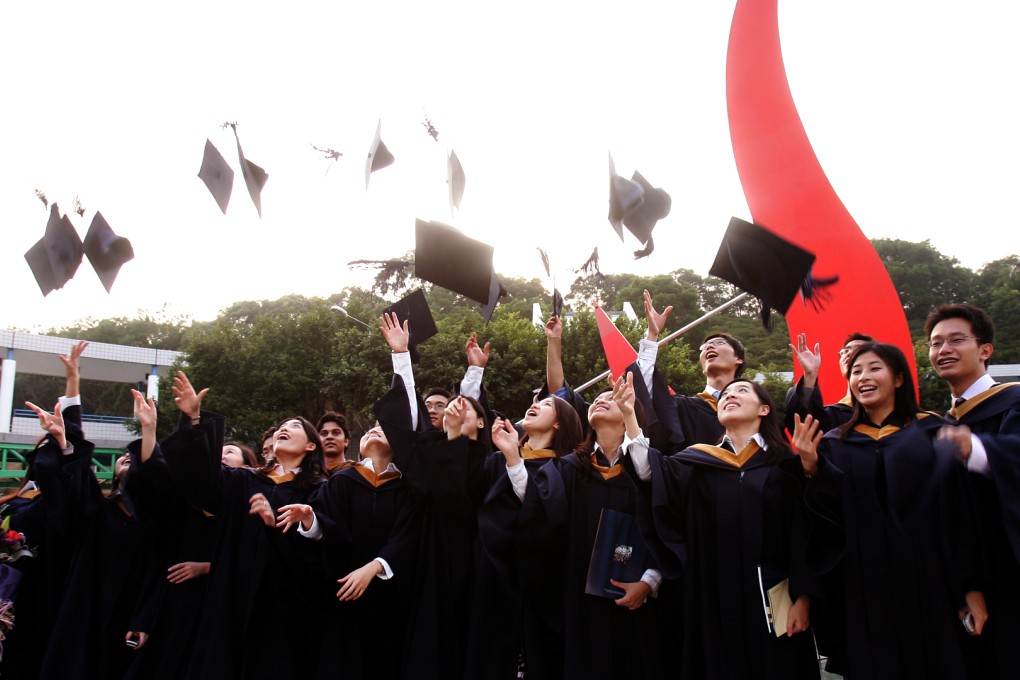My Take | A university degree in Hong Kong is no longer worth what it once was

Back in the 1960s and 1970s, there were only two local universities. So just being a uni student marked you as a future member of the local elite. Upon graduation, the largest banks and firms queued to hire you. If you entered the civil service, you automatically joined the elite administrative grade. You could reasonably look forward to a lifetime of career advancement and social prestige.
How things have changed. Graduates get little respect these days and are treated like Form 5 secondary school graduates once were. Depending on which survey you look at, the median wage of new graduates has either risen slightly in the past 20 years or actually gone into reverse.
According to a new study by the Chinese University's business school, tertiary graduates aged 20 to 24 earned a median monthly income of HK$10,800 last year, compared with HK$9,000 in 1994. That's the rosy study. According to a different study by the New Forum and New Youth Forum think tanks, the monthly salary for fresh graduates in 1993 was HK$13,158, but actually dropped to HK$10,860 in 2013.
Either way, things have not turned out well for the average graduate. Or rather, a university degree no longer guarantees the good life. Today, having a degree may not confer much of an advantage, but not having one is still a serious disadvantage.
The problem is, of course, the rapid expansion of tertiary education since the 1990s. Today, we have nine such publicly funded institutions and myriad self-financing schools that confer degrees. Only 10.6 per cent of young people in 1993 obtained a degree. Today, it's almost one in two. Back in the 70s, it was less than 5 per cent.
There is a mismatch between market demand and university oversupply. Vocational skills such as those in construction, engineering and computer programming are in hot demand, but we are not producing enough graduates with technical skills.
